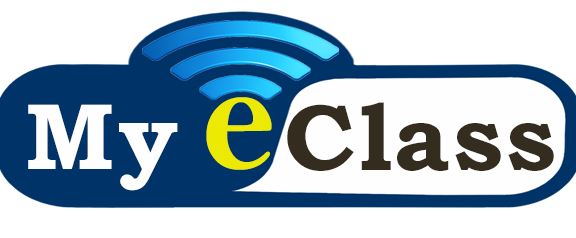How to Earn an Instructional Design Certificate and Boost Your Career
Instructional design is the systematic development of educational experiences and materials. It involves understanding how people learn and creating content that facilitates effective learning. Whether it’s developing e-learning modules, classroom training, or instructional videos, instructional designers are skilled in making complex information digestible. They use various methodologies and tools to ensure learners grasp new concepts effectively and efficiently. This discipline is essential in diverse settings, including education, corporate training, and specialized fields like healthcare and technology.
Why Pursue a Certificate?
Earning an Instructional Design certificate can open many doors. Not only does it validate your skills, but it also shows employers that you’re committed to the field. Higher education and corporate sectors increasingly seek certified professionals to meet the growing demand for practical training and educational programs. Certification provides a structured curriculum that ensures you are well-versed in theoretical and practical aspects of instructional design. This is increasingly important as many organizations need more in-house expertise to create training programs that are both effective and engaging. By becoming certified, you position yourself as a valuable asset capable of significantly boosting an organization’s training and development initiatives.
Types of Certification Programs
Various types of certification programs are available, ranging from full-fledged degree programs to shorter, more focused certificate courses. Some programs dive deeply into instructional design theory, while others focus on practical, hands-on skills. Certificate programs can range from a few months to a year, providing a quicker qualification route than traditional degree programs. Some programs may also offer specializations in e-learning, corporate training, or instructional technology, allowing you to tailor your education to your career goals. Understanding the type of program that will best suit your needs and career aspirations is crucial for long-term success.
How to Choose the Right Program
Consider the curriculum, teacher experience, and flexibility when choosing a program. Seek for courses that combine theory and real-world application. Verifying the credentials of the organization and providing the certification are also crucial. Make sure the program has a solid industry reputation and is accredited. Evaluations and testimonies from previous participants offer valuable perspectives on the caliber of the course. Think about the kinds of projects you’ll be working on as part of your education since practical experience can be beneficial. Ensure the program offers networking and professional development opportunities that meet your career aspirations.
Benefits of an Online Course
Online courses offer the flexibility to balance studies with other commitments. They provide a convenient way to earn your certification without needing relocation or commuting. Many top-tier programs now offer comprehensive online options just as rigorous as their on-campus counterparts. Online learning platforms often incorporate multimedia elements, interactive modules, and virtual simulations to create an engaging learning experience. This flexibility means you can start your coursework immediately and study at times that suit your schedule. Online programs can also be more cost-effective, reducing expenses related to commuting, accommodation, and physical textbooks.
Practical Skills and Theory
A well-rounded instructional design program should cover both practical skills and theoretical knowledge. You’ll learn how to create engaging content, use instructional technology, and apply learning theories. Programs that offer real-world projects or internships can provide invaluable hands-on experience. You’ll gain proficiency in tools like Adobe Captivate, Articulate Storyline, and other e-learning software. These skills are essential for creating interactive and engaging learning experiences. Additionally, understanding various learning theories, such as cognitive load theory and constructivism, will help you design more effective training programs tailored to the needs of different learners.
Career Prospects After Certification
With an instructional design certificate, career opportunities abound. Graduates can work in educational institutions, corporate training departments, or as freelance instructional designers. The demand for these professionals is high across multiple sectors, ensuring promising career prospects. According to industry projections, the job market for instructional designers is expected to grow significantly in the coming years. The continuous need for employee training and development and the rise of online education platforms fuel this growth. As organizations strive to stay competitive, having well-trained employees becomes more critical, making the role of instructional designers indispensable.
Networking and Industry Connections
Completing a certification program often provides networking opportunities with industry professionals. These connections can be invaluable for career advancement. Participation in workshops, webinars, and industry events can further enhance your professional network. According to recent reports, networking remains a critical factor in career development within the tech industry. Building relationships with experienced professionals can lead to job offers, mentorship, and opportunities for collaboration on projects. Engaging in industry forums and online communities also allows you to stay current with the latest trends and best practices in instructional design.







